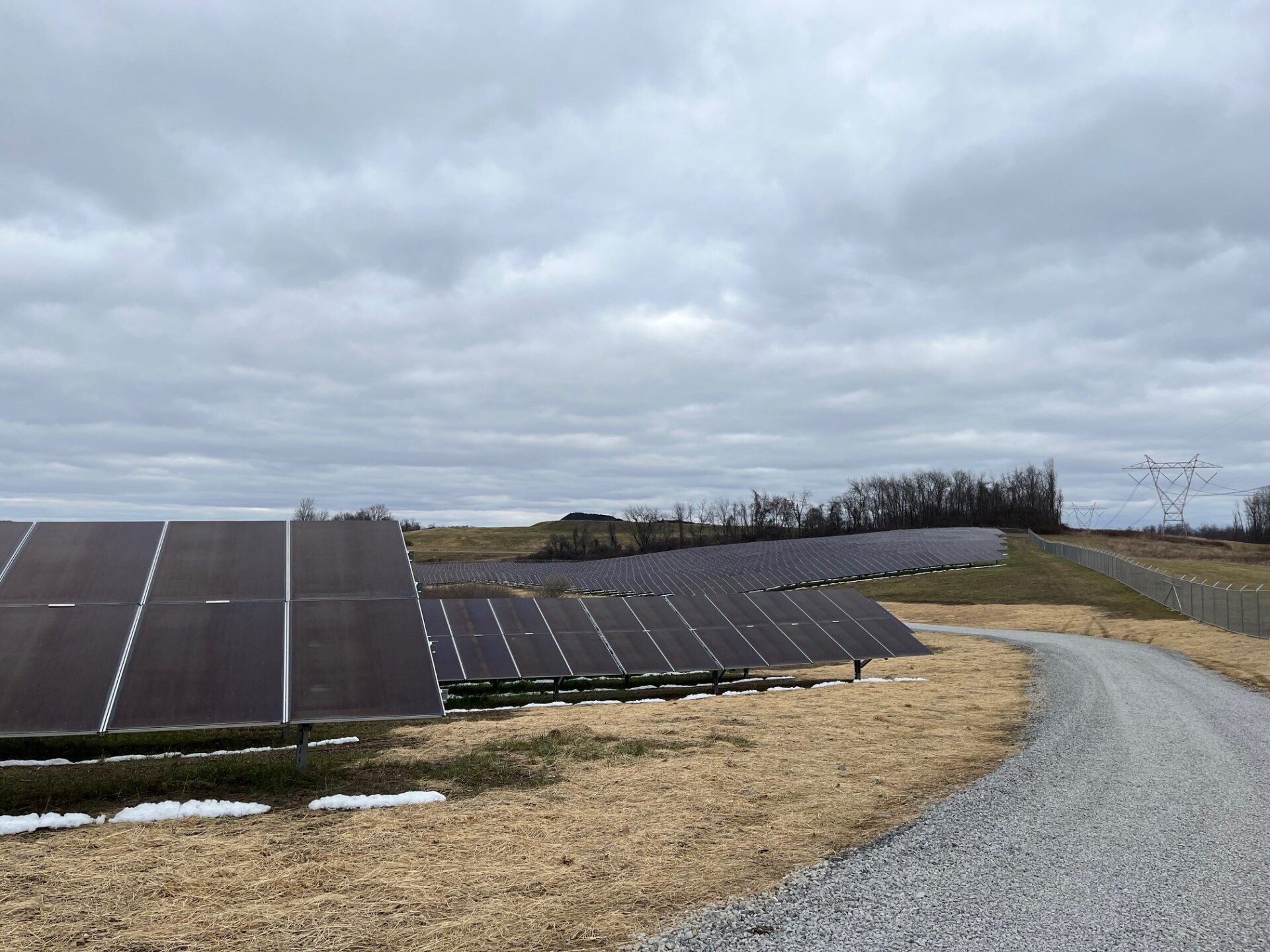Students in some southern counties will soon have access to online academic help.
Students in some southern counties will soon have access to online academic help.
Students and their families from Mercer, Monroe, Summers, Raleigh and Wyoming counties currently enrolled in 7th or 8th grade can now access 24/7 academic support via Tutor.com. Students and parents can connect with a live tutor during sessions, drop off writing samples or assignments to get direct feedback on assignments, prepare for tests and more.
The online resources are made available to students via a partnership between Tutor.com and GEAR UP Southern West Virginia (SWV).
Program Director Kristen O’Sullivan, said GEAR UP is a national Department of Education program to help young people in economically challenged areas to reach post-secondary education.
“GEAR UP Southern West Virginia is a grant that, through Concord University, we just received in 2022-2023,” she said. “We work with a cohort of students that started with the sixth and seventh grade last year, and now they’re in seventh and eighth grade. We will follow them all the way through until their first year of post-secondary education, whether that be a four-year school, a two-year degree, the military, and we just do everything possible with them to help them be prepared and to believe that they belong and have a plan for the future.”
Tutor.com is also a resource to help parents gain confidence while helping students with schoolwork. As a native of southern West Virginia, O’Sullivan said she would have loved this kind of support when raising her own children.
“I can just remember those nights when they were struggling with something in math or struggling with certain pieces of papers they were working on, where I didn’t feel I had the capacity to be able to help them much,” she said. “Parents will no longer have to worry about that, they will have those experts right there at all times to be able to help.”
O’Sullivan said that teachers will also benefit with access to the same resources, as well as reports on what the students have been getting tutoring on.
“A teacher, let’s say in a math class, may want to be able to look back and see what are the areas the students are continuing to have questions about, so that they can then address them again in the classroom,” she said.
O’Sullivan acknowledged that internet access continues to be an issue in southern West Virginia and across the state, but implementation of COVID-19 era strategies can help to bridge the gap.
“I can tell you that Tutor.com is fully accessible from cell phones as well as from computers,” she said. “I know a lot of families, that is their internet is using their cell phone, they don’t have internet services in their homes. There’s also the things that we have learned through COVID to help people in our rural communities. They can access internet in our community libraries, in the schools, a lot of times this program will be used not just at home, but will be used in after school programming, lunchtime programming sometimes before school.”
Students younger than 13 must submit a signed permission slip before accessing the online resources.
